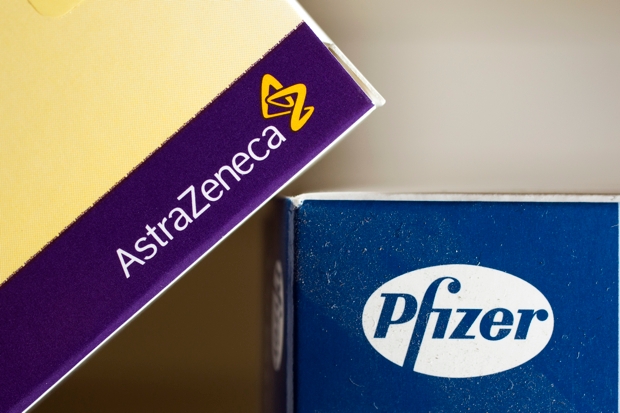Like Owen Smith, I have an interest to declare when discussing Pfizer. Somewhere on my bookshelf I have a Pfizer physics prize – a school prize funded by the US pharmaceutical giant which at the time had a research facility nearby. Later, Pfizer helped fund an extension to the school which, appropriately enough given its best-known product, rose to twice the height of the existing science block.
I don’t, then, share the view of Jeremy Corbyn who seems to see Pfizer as part of an evil empire trying to undermine the NHS. Rather I see it as a company which, while it gets into the odd scrape with regulators, has some sort of social conscience and which has helped fund and produce drugs which are relied-upon by millions of NHS patients a day.
Launching his bid to retain the Labour leadership, Corbyn said this week: ‘I hope Owen will fully agree with me that our NHS should be free at the point of use, should be run by publicly employed workers working for the NHS not for private contractors, and medical research shouldn’t be farmed out to big pharmaceutical companies like Pfizer and others but should be funded through the Medical Research Council.’
I can’t speak for Owen Smith but I know that most people in Britain will agree with Corbyn’s first point: that the NHS should be free at the point of use. As for his second – that the NHS be run by publicly-employed workers – I suspect most are not bothered either way, so long as they are treated well. Who cares who directly pays your doctor or nurse’s salary, and who owns the clinic in which you are treated, so long as your treatment is a success and you didn’t have to worry about raising the money for it?
As for Corbyn’s third point, it is dangerous nonsense – a pathetic attempt to exploit his opponent’s past career at Pfizer rather than a serious suggestion. Does Corbyn really want pharmaceutical companies excluded from medical research? There is a role for the Medical Research Council (MRC), but if you were going to rely on it to develop all drugs and treatments available on the NHS, then there isn’t going to be a lot left.
The MRC last year spent £506 million on research grants. Pfizer spent $6.6 billion (£4.8 billion). And Pfizer is but one drugs company. The world’s top 10 pharmaceutical companies between them spent just under £50 billion – 100 times as much as the MRC.
Big pharma may sometimes overcharge and employ anti-competitive practices. But Owen Smith has good reason to feel pride, not shame, for his time at Pfizer. The pharma industry is a public good we could not do without.







Comments